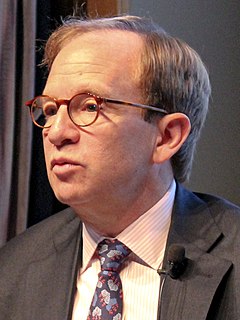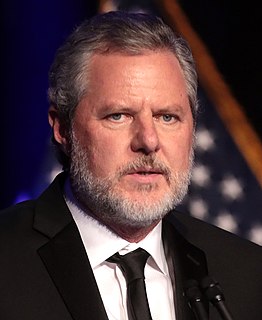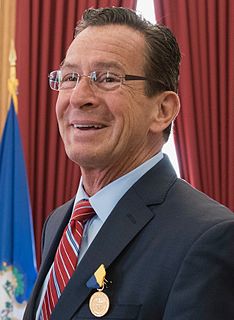A Quote by Steven Rattner
The weak economy, widening income inequality, gridlock in Congress and a presidential election: Those were perhaps the dominant economic and political themes of 2012.
Related Quotes
We in America were worried about many problems dealing with economic inequality and political inequality. The Communist Party seemed to be the only political force, both concerned and willing, to take action to stop the threat of fascism abroad and to work for economic and political reform in this country.
In a democracy the responsibility for the Government's economic policies, which so affect the economy, normally rests with the elected representative of the people: in our case, with the President and the Congress. If these two follow economic policies inimical to the general welfare, they are accountable to the people for their actions on election day. With Federal Reserve independence, however, a body of men exist who control one of the most powerful levers moving the economy and who are responsible to no one.
Consider this: The United States held its first presidential election in 1789. It marked the first peaceful transfer of executive power between parties in the fourth presidential election in 1801, and it took another 200 years' worth of presidential elections before the courts had to settle an election.
America's peak years of indigenous innovation ran from the 1820s to the 1960s. There were a few financial panics and two depressions, to be sure. But in this period, a frenzy of creative activity, economic competition and rapid growth in national income provided widening economic inclusion, rising wages for all, and engaging careers for most.
Ever since Richard Nixon walloped George McGovern in the presidential election of 1972, political pundits have treated as a truism the proposition that liberals are out of step with the rest of the nation, and therefore all but unelectable outside the precincts of the Northeast -- give or take a college town here or a ski resort there. During the course of every presidential election for the past forty years now, Republicans have sought to wield the word liberal as if it were a six-gauge shotgun.
The 2012 presidential campaign's turn away from the classic, straight-up, American election - where the candidate who gets the most votes nationwide wins - is another sad reminder of the extreme political polarization distorting today's politics. No one talks about a 50-state strategy for winning the presidency these days.
There have always been two theories about inequality. One is that it reflects just deserts. The other is that there are large elements of exploitation and inequality of opportunities. The evidence is overwhelmingly that the increase in inequality is associated with those negative factors. If it were all social contribution, then when the top did better, they would be contributing to everybody's well-being. That trickle-down hasn't happened. We've seen median income, people in the middle, actually worse off than they were 25 years ago.


































